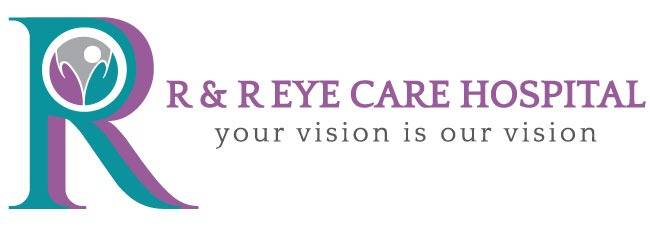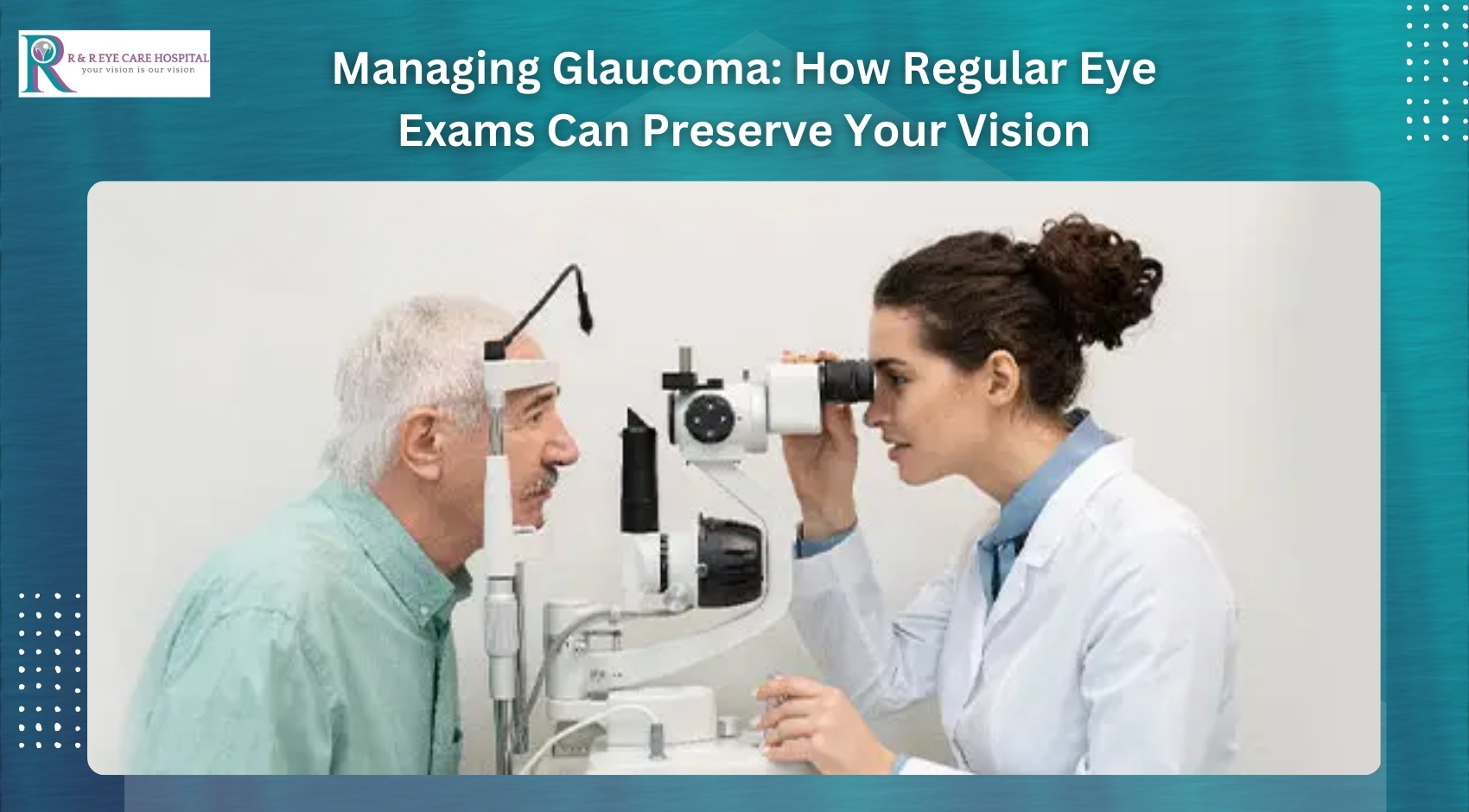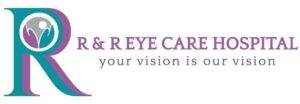Glaucoma is a group of eye conditions that damage the optic nerve, often due to elevated intraocular pressure (IOP). It’s a leading cause of blindness, but with early detection and proper management, vision loss can be prevented or minimized. At R & R Eye Care Hospital, we emphasize the importance of regular eye exams in the management and prevention of glaucoma. Here’s how consistent eye care can help preserve your vision and why it should be an essential part of your health routine.
Understanding Glaucoma
Glaucoma is often referred to as the “silent thief of sight” because it typically progresses without noticeable symptoms until significant damage has occurred. The condition can affect one or both eyes and is characterized by:
Increased Intraocular Pressure: Elevated pressure within the eye, which can damage the optic nerve.
Vision Loss: Gradual loss of peripheral vision, leading to tunnel vision if untreated.
Optic Nerve Damage: The optic nerve, responsible for transmitting visual information from the eye to the brain, becomes damaged over time.
There are several types of glaucoma, including:
Open-Angle Glaucoma: The most common form, where the drainage angle of the eye is open but obstructed, leading to a gradual increase in IOP.
Angle-Closure Glaucoma: A less common but more urgent condition where the drainage angle is blocked, causing a sudden increase in IOP.
Normal-Tension Glaucoma: Glaucoma that occurs despite normal IOP levels, often due to poor blood flow to the optic nerve.
Congenital Glaucoma: A rare form present at birth due to developmental issues with the eye’s drainage system
The Role of Regular Eye Exams in Managing Glaucoma
Regular eye exams are crucial in detecting and managing glaucoma effectively. Here’s how these exams contribute to preserving your vision:
1. Early Detection
Regular eye exams allow for the early detection of glaucoma, even before symptoms become noticeable. During a comprehensive eye exam, your eye care specialist will:
Measure Intraocular Pressure: Using tools like tonometry, your eye pressure can be assessed to determine if it’s elevated.
Examine the Optic Nerve: A thorough examination of the optic nerve head helps identify any signs of damage or changes indicative of glaucoma.
Conduct Visual Field Tests: These tests evaluate your peripheral vision and can detect any loss related to glaucoma.
Perform Optical Coherence Tomography (OCT): OCT provides detailed cross-sectional images of the retina and optic nerve, helping to assess nerve fiber layer thickness and detect early glaucomatous changes.
2. Monitoring Disease Progression
For individuals diagnosed with glaucoma, regular eye exams are essential for monitoring the disease’s progression and evaluating the effectiveness of treatment. Consistent follow-up appointments allow for:
Adjusting Treatment: Based on exam results, your eye care specialist can adjust your treatment plan to better control IOP and manage any changes in your condition.
Tracking Vision Changes: Regular visual field testing helps track any changes in vision and ensure that the disease is not advancing.
Assessing Medication Efficacy: If you’re using medication to manage glaucoma, your eye care specialist will evaluate its effectiveness and make any necessary adjustments.
3. Preventing Vision Loss
Effective management of glaucoma through regular eye exams can prevent or minimize vision loss by:
Early Intervention: Detecting glaucoma early allows for timely treatment, which can prevent significant optic nerve damage and preserve vision.
Customized Treatment Plans: Regular exams ensure that your treatment plan is tailored to your specific needs and can address any new or evolving aspects of your condition.
Educational Support: Your eye care specialist can provide guidance on lifestyle changes, medication adherence, and other factors that can help manage your condition effectively.
Key Components of a Comprehensive Eye Exam for Glaucoma
A thorough eye exam for glaucoma management includes several key components:
Tonometry: Measures intraocular pressure to assess for elevated levels.
Pachymetry: Measures corneal thickness, as thinner corneas can be a risk factor for glaucoma.
Visual Field Testing: Detects any peripheral vision loss that may indicate glaucoma progression.
Fundoscopy: Examines the retina and optic nerve for signs of damage or changes.
Optical Coherence Tomography (OCT): Provides detailed images of the optic nerve and retinal structures to assess for glaucomatous changes.
When to Schedule Your Eye Exams
The frequency of eye exams depends on your risk factors and overall eye health. Generally, the following guidelines apply:
Adults Aged 40 and Over: If you’re over 40, schedule an eye exam every 2-4 years, or more frequently if you have risk factors for glaucoma or other eye conditions.
High-Risk Individuals: If you have a family history of glaucoma, high blood pressure, diabetes, or are of African or Hispanic descent, you may need more frequent exams.
Individuals with Glaucoma: If you have been diagnosed with glaucoma, follow your eye care specialist’s recommendations for regular follow-up appointments and monitoring.
Lifestyle and Home Care Tips for Managing Glaucoma
In addition to regular eye exams, there are lifestyle and home care practices that can support glaucoma management:
Take Medications as Prescribed: Adhere to your prescribed treatment regimen to control IOP and prevent disease progression.
Healthy Diet: Eat a balanced diet rich in antioxidants, vitamins, and minerals that support overall eye health.
Protect Your Eyes: Wear protective eyewear to prevent eye injuries, which can exacerbate glaucoma.
Regular Exercise: Engage in regular physical activity, which can help maintain healthy eye pressure.
Avoid Smoking: Smoking can increase the risk of eye diseases, including glaucoma.
Conclusion: The Importance of Consistent Eye Care
Managing glaucoma effectively requires a proactive approach, with regular eye exams playing a central role in preserving your vision. At R & R Eye Care Hospital, our dedicated team of specialists is here to provide comprehensive glaucoma care and support. Schedule your eye exam today to ensure that your glaucoma is managed effectively and to protect your vision for the future.




Leave A Comment